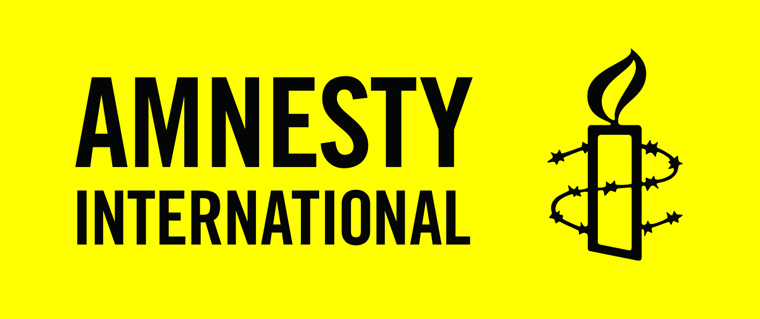
In a 6-3 decision, the Supreme Court of the United States recently ruled that any action which can be defined as “material support” to an organization deemed “terrorist” is a federal crime. Material support, says the court, includes discussion and/or consultation about non-violence or peace, making it illegal for peace-making organizations to attempt to mediate hostilities if one of the parties in conflict has been deemed “terrorist.”
When I asked my friend Richard Reoch, former Global Media Chief of Amnesty International, the human rights organization, (not speaking as a spokesman) about the ruling, he predicted, “The U.S. Government, alongside many other governments, will likely violate this law. There will be times when it is thought in the national interest to do so. Experience has shown that most armed conflicts cannot be brought to an end without engaging with terrorist organizations and their supporters.”
Richard pointed out Northern Ireland and South Africa as situations where clandestine contact by governments and others with the IRA and ANC respectively helped broker an end to armed conflict. “This ruling fails to appreciate what is called “second track” diplomacy,” he noted. “Contact with paramilitary organizations often lays the groundwork for peace talks. This can include training in negotiation skills, human rights education and exploring options for a peace settlement. In South Africa, it was the business community that initiated the secret discussions that led to peace.”
Despite being the most powerful country in the world, America is terribly fearful. Because of our distrust and fear, we use our wealth and power as a tool of manipulation. Manipulation always includes an element of dishonesty, and what we often think of as foolishness or incompetence by our government is actually deceit. Historically, this is what has been behind our support of terrible and highly repressive regimes around the world (including Saddam Hussein and the Shah of Iran), governments which terrorized their own people.
It’s not difficult to see how deceitful policies lead to greater instability and violence. When we act through fear and manipulation it is the example we then set for others. Thus we see Iran developing nuclear capabilities so that they can also be powerful manipulators.
There are those who say aggression is all too human and point to examples of violence as evidence. It is possible, however, to as easily provide examples of benevolence and goodness, the actual basis from which all human society begins. That we can become fearful is also true, and very human, but what distinguishes people is our ability to understand fear and its effects, and using honesty and benevolence to overcome it. This is where the peace-makers come in.
In restricting the ability of peace-makers to mediate armed conflict, the Supreme Court has taken a political stance. In effect, it has decided that the views and opinions of any given administration in defining an organization as “terrorist” now constitute a basis in law.
“The definition of a ‘terrorist’ organization is always subject to political bias,” Richard observed, “Only those groups that are ‘not on our side’ are designated as terrorist. Those that ‘serve our interests’ are not, regardless of their atrocities. This ruling will be used in a highly selective way, and I predict that the first test case will be the result of active political lobbying by well-financed special interests seeking to punish specific organizations they do not like.”